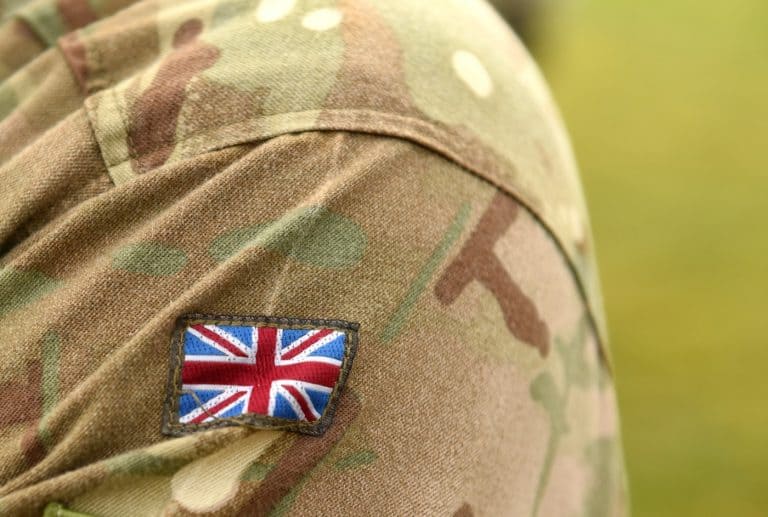It is entirely normal to be affected by traumatic incidents, and the brain almost always needs time to process distress caused by such experiences.
However, some people become “stuck” with the experience. If this is the case, then the service man or woman may have developed PTSD.
Please be aware that NOTHING on this page or website is in any way intended to be, or to take the place of, medical advice. If you have any concerns, or think you are affected by, any of the issues we have mentioned you should seek advice from a suitable healthcare provider.
Specific events that can give rise to PTSD
PTSD sufferers hold enough symptoms in common with one another for doctors to diagnose PTSD when certain features are found together. Remember, specialist advice must ALWAYS be sought by anyone who feels they may be affected. Here are a few selected examples of events that can give rise to the condition, but there are many more:
- Being in danger, but helpless to save yourself
- Seeing others in danger and being helpless to help them
- Horrifying or distressing incidents: for example, medics who have cared for comrades or civilians after a bomb blast
- Being responsible for traumatic injury or danger to others
- Being led by the circumstances to believe that you are responsible (e.g. a gun you are using malfunctions)
- Being assaulted
- Being raped or sexually assaulted
- Being the victim of sustained bullying
- An accident at a work or on exercise
Possible indicators of PTSD
There are recurrent symptoms that sufferers of PTSD report. If you are struggling with any of these issues, then please consider getting medical help immediately. Symptoms include, but are not limited to:
- Hyperarousal: being irritable, constantly on guard, fearing attack. These symptoms are always distressing, and particularly so if you have other disabilities/injuries that would make you vulnerable in a real attack, such as hearing loss or injuries to the legs
- Re-experiencing or flashbacks: feeling as though you are actually in the situation that gave rise to your trouble. These flashbacks can happen at any time – when driving a car, walking in the park, bathing the baby. They can be triggered by many apparently small events, such as sights, sounds, smells, or feelings
- Nightmares: often of the incident, but not always so
- Avoidance: consciously or unconsciously keeping yourself away from situations where you might be reminded of the traumatic event. This can even include treatment and therapy, or people in your unit. People sometimes go AWOL (absent without leave) because of this
- Changes in emotional and social behaviour: a seeming change in personality, including a short temper and lethargy. An inability to get attached to people or sustain a relationship. Violence to others, in or outside of a family
- Substance abuse: illegal drugs, legal highs, alcohol. These are common in many cases
- Self-harm and suicide: cutting, over-exercising, under– or over-eating
- Women often experience PTSD differently to men: they are more prone to self-destructive behaviour
Treatment of PTSD
PTSD is usually treated with a combination of therapies. These are examples, but there are others, and a specialist should always be consulted:
- There is strong evidence that anti-depressants are an effective treatment, with about 60 – 70% of patients showing significant improvement. In particular, medication is useful for hyperarousal and can improve sleep, reduce anger and irritability, and improve concentration
- Cognitive Behavioural Therapy (CBT). This is best administered by a psychologist on an out–patient basis. Typically, 12 – 20 sessions are required. CBT is less useful in chronic ‘complex cases’
- Eye Movement Desensitisation & Reprocessing (EMDR). This is a reasonably new, non-traditional form of psychotherapy. EMDR uses a patient’s own rapid rhythmic eye movements to dampen the power of emotionally charged post traumatic events. Patients have reported dramatic results
- Prognosis largely depends on the severity of trauma, pre-existing vulnerabilities and the chronicity of ongoing physical and emotional problems
If your PTSD was caused, or dealt with, negligently, then please get in touch with us now for confidential advice on a claim, but always remember that you must get medical advice as soon as possible. We usually work on a no-win, no-fee basis.
We will never ask you to talk in detail about the events that gave rise to the condition unless and until you are comfortable talking to us, so don’t be afraid to get in touch.
















